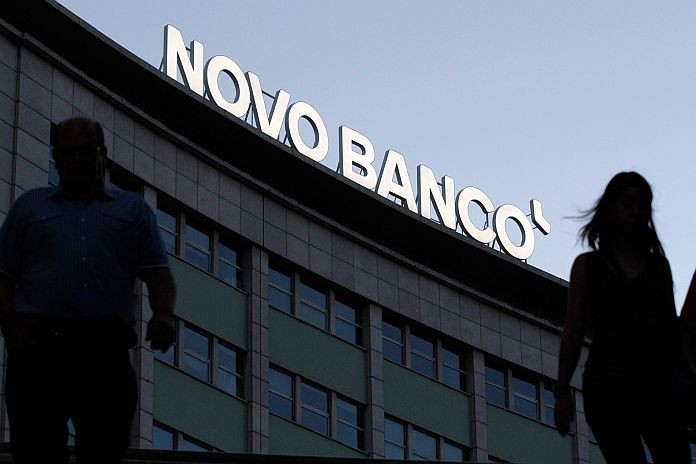By Andreína Chávez Alava
CARACAS (venezuelanalysis.com) – The Venezuelan government has won a legal battle to recover approximately 1.35 billion Euros (some $1.5 billion US) frozen since 2019 by Portugal’s Novo Banco.
On Wednesday, Information Minister Freddy Ñañez published the ruling by the Central Civil Court of Lisbon, dated July 31, ordering the private bank to transfer the funds to accounts held by nine Venezuelan entities, including state oil company PDVSA, joint oil ventures, and the Venezuelan Economic and Social Development Bank (BANDES).
In a communique, the Venezuelan foreign ministry celebrated the court’s order to release the retained funds.
“This constitutes a clear victory of the Venezuelan people against the strategy promoted by foreign powers and local politicians to appropriate the country’s resources and cause suffering to the population,” the statement read.
The document stated that the Venezuelan government does not discard taking future legal action against the Portuguese bank “for damages caused to its entities and people.”
For its part, Novo Banco said that the court decision “was expected” and it responded to a petition made by the bank to the Portuguese courts “to clarify existing doubts regarding the legal representation of Venezuelan public entities,” appointed by the Nicolás Maduro government.
The Novo Banco funds were withheld after Venezuelan opposition leader Juan Guaidó declared himself “interim president” in January 2019, with support from over 50 countries, including Portugal. Since then, some $6 billion worth of Venezuelan assets have remained blocked in several European countries. However, the US-backed self-proclaimed “interim government” dissolved in December 2022 changing the course of the legal battle.
Speaking on national television on Friday, president Maduro promised his government “will not give up fighting to rescue all the resources that belong to Venezuelans.” He went on to pledge that once the funds held in Novo Banco are obtained “it will go directly to guarantee people’s social rights and to public services.”
Novo Banco’s lawyers have not confirmed when they will proceed with the transfer, stating that they were “analyzing the practical effects of the ruling.” The bank added that returning the money to Venezuela would not affect its capital ratios addressing concerns over its financial issues in recent years.
According to Venezuela’s vice-minister of Anti-Blockade Policies, William Castillo, the ruling by the Lisbon Court was more of a “political victory” as the Maduro government will not be able to access the funds in the near future.
“This [judicial] decision opens a new stage [but] is not that that money is going to arrive here tomorrow because […] BANDES is sanctioned and is the owner of the resources,” explained Castillo.
BANDES was founded in 2001 to finance community-led development projects. In May 2019, the entity was sanctioned by the US Treasury Department alongside the Bank of Venezuela and Bicentenario Bank, two of the major state-owned banks in the Caribbean country. Since 2017, Venezuela has been under a wide-reaching US sanctions program.
In September 2021, member of the European parliament Mick Wallace denounced that Novo Banco was being used by the Portuguese government “as a front” to expropriate Venezuelan funds at a time “when Portugal was clearly not applying US sanctions.”
The Irish politician likewise claimed that at the time it was unclear if the Portuguese bank still had the Venezuelan funds amidst the “odd circumstances” surrounding its ownership, from selling 75 percent of its shares to the US investment fund Lone Star to losing billions of euros and turning to the state for capital injections to stay afloat.
In April 2019, president Maduro requested that the Portuguese government release the frozen funds in order to purchase food and medicines as Venezuela went through shortages under an economic crisis exacerbated by US sanctions. Soon after, BANDES authorities asked Novo Banco to transfer the funds to the Pan American Health Organization (PAHO) to pay for vaccines and medicines for infants, stating that a judge greenlighted the procedure for humanitarian reasons but the petitions were left unanswered.
According to the Venezuelan government, Novo Banco also refused to release 4.7 million Euros to the Italian Foundation for Bone Marrow Transplant, causing the death of Venezuelan children and teenagers in need of treatment or surgery.





